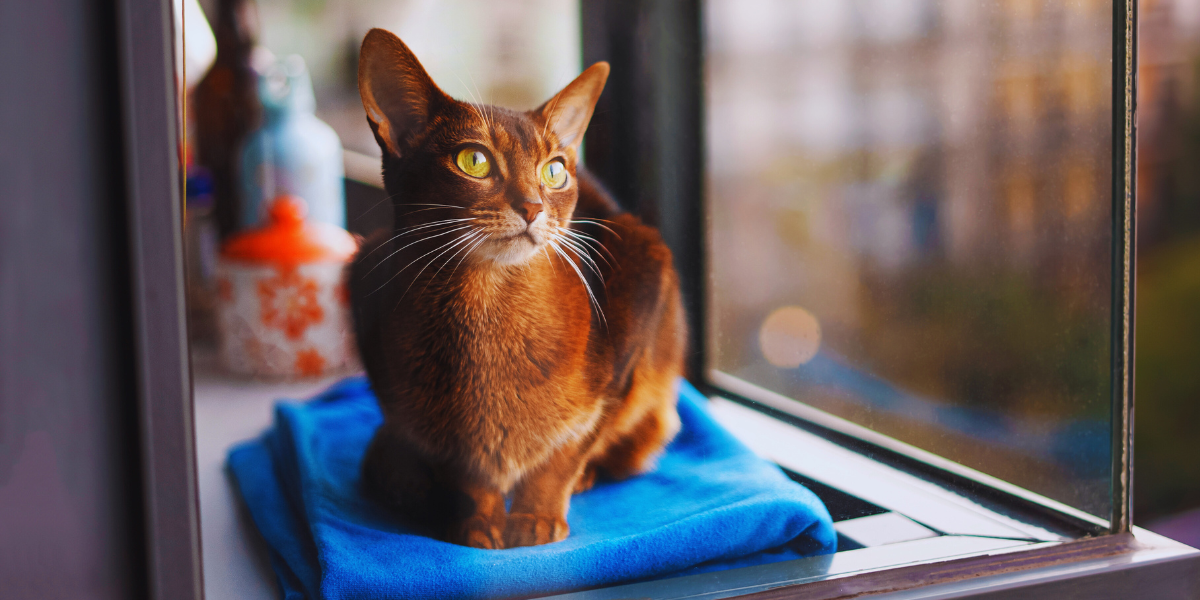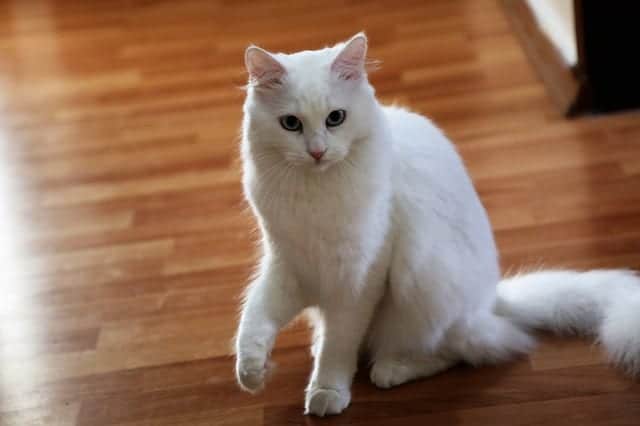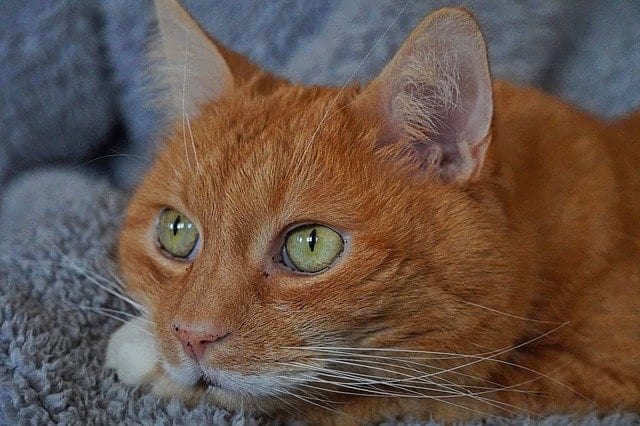Helping Your Cat Cope With Loss and Grief Effectively
Loss can be an incredibly challenging experience for both humans and pets. Just as we grieve the passing of a loved one, our feline friends experience their own sense of loss. As a loving cat owner, it is essential to recognize not only your feelings but also the emotional state of your cat. Here are some strategies to help your cat cope with grief and adapt to the changes in their life.
Understand Your Cat’s Grief
Cats, like humans, can experience grief profoundly. They form strong bonds with their human companions and fellow pets. When a member of their family is lost, your cat may display signs of sadness or anxiety. Common behaviors that may indicate your cat is grieving include:
Recognizing these signs may help you understand your cat’s emotional state, and allow you to take proactive steps to assist them through this difficult time.
Provide a Stable Environment
When a loss occurs, changes in routine can further stress your cat. To create a comforting atmosphere, keep your cat’s environment as stable as possible. Ensure that daily routines, such as meal times and playtime, remain consistent. Cats thrive on routine; it helps them feel secure during difficult transitions. Familiar scents and sounds can also provide reassurance, so try to maintain the same surroundings as before.
Spend Quality Time Together
Your presence alone can help your cat feel more secure. Spend extra time cuddling or engaging in their favorite activities, whether that’s playtime with their favorite toys or quiet moments on the couch. This not only strengthens your bond but also allows your cat to feel comforted by your attention and affection during a time of distress.
For instance, interactive play can offer a welcome distraction from their grief. Activities such as playing with feather toys or engaging in puzzle games can stimulate your cat mentally and physically.
Don’t Rush Into a New Relationship
After losing a beloved pet, some may feel the urge to adopt a new cat quickly. While this may bring joy, it is best to assess whether your cat is ready for such a change. Give them adequate time to grieve and adjust to the loss without the pressure of a new companion. Rushing into a new relationship might overwhelm your grieving cat and could hinder their healing process.
Talk It Out
Even though cats may not comprehend every word, talking to your pet in a calming and affectionate tone can soothe them. Your voice carries comfort and familiarity, which can help ease their anxiety. Sharing your feelings aloud can also provide you with emotional release, allowing both you and your cat to navigate the mourning period together.
Imagine sitting with your cat and reflecting on memories of the lost pet together. Speaking openly about your feelings helps in maintaining a bond, reassuring your cat that they are not alone.
Monitor Their Health
Grief can affect a cat’s physical health as well as their emotional state. Be vigilant about any changes in appetite, energy levels, or behaviors. If your cat seems excessively distressed, it may be advisable to consult your veterinarian. They can provide guidance and support tailored to your cat’s needs and could recommend behavioral therapies or medications if necessary.
In Conclusion
Helping your cat cope with loss is an ongoing journey. Each cat is different, and their grieving process may take time. By providing comfort, stability, and understanding, you can assist your feline friend in overcoming their grief. Remember that you are not alone in this emotional journey, and together, you can heal over time.








Facebook Comments